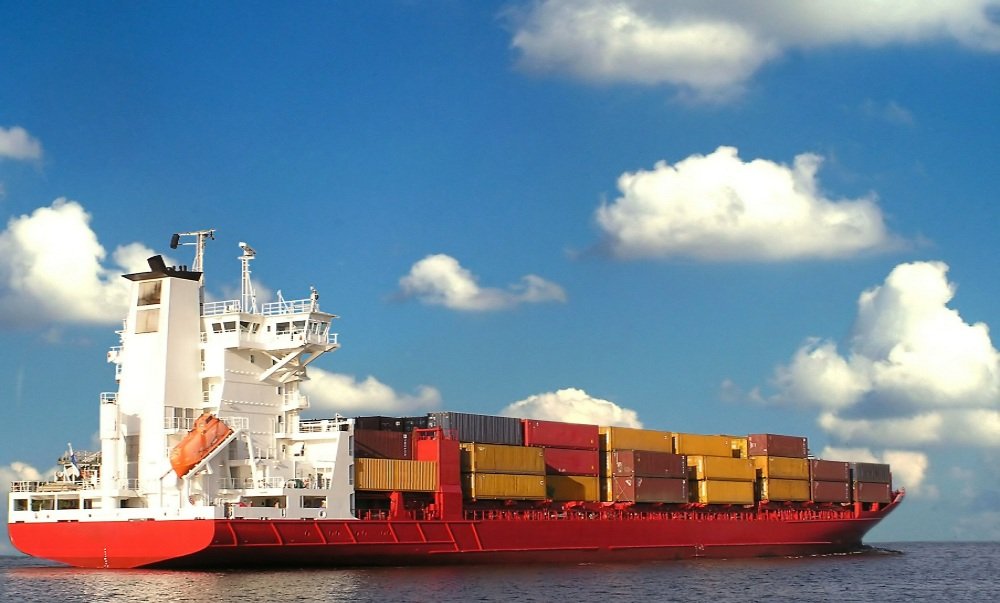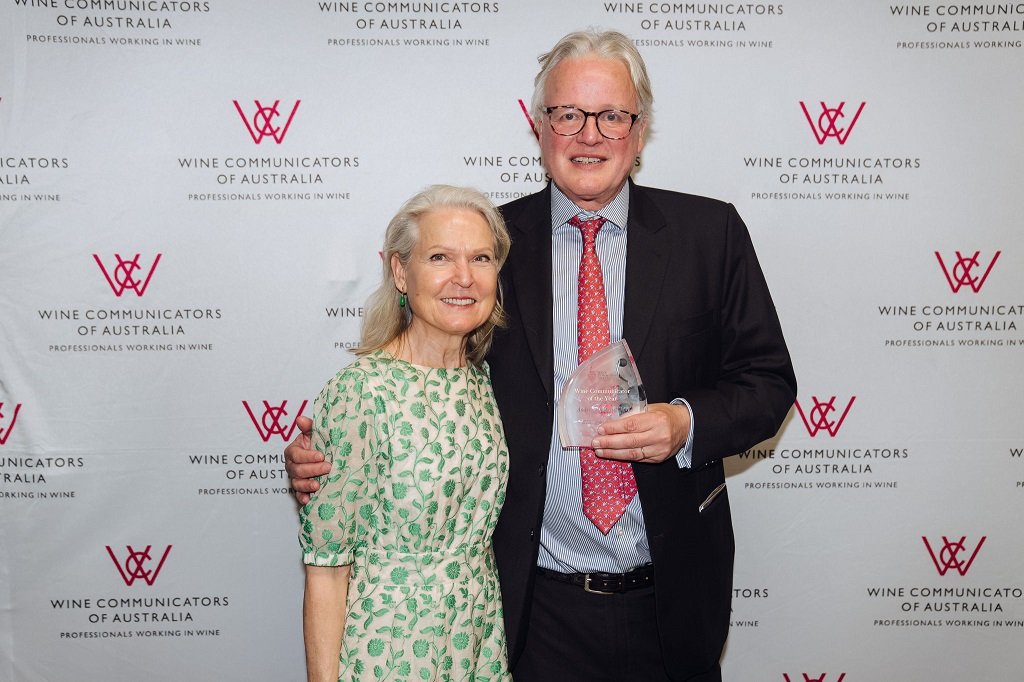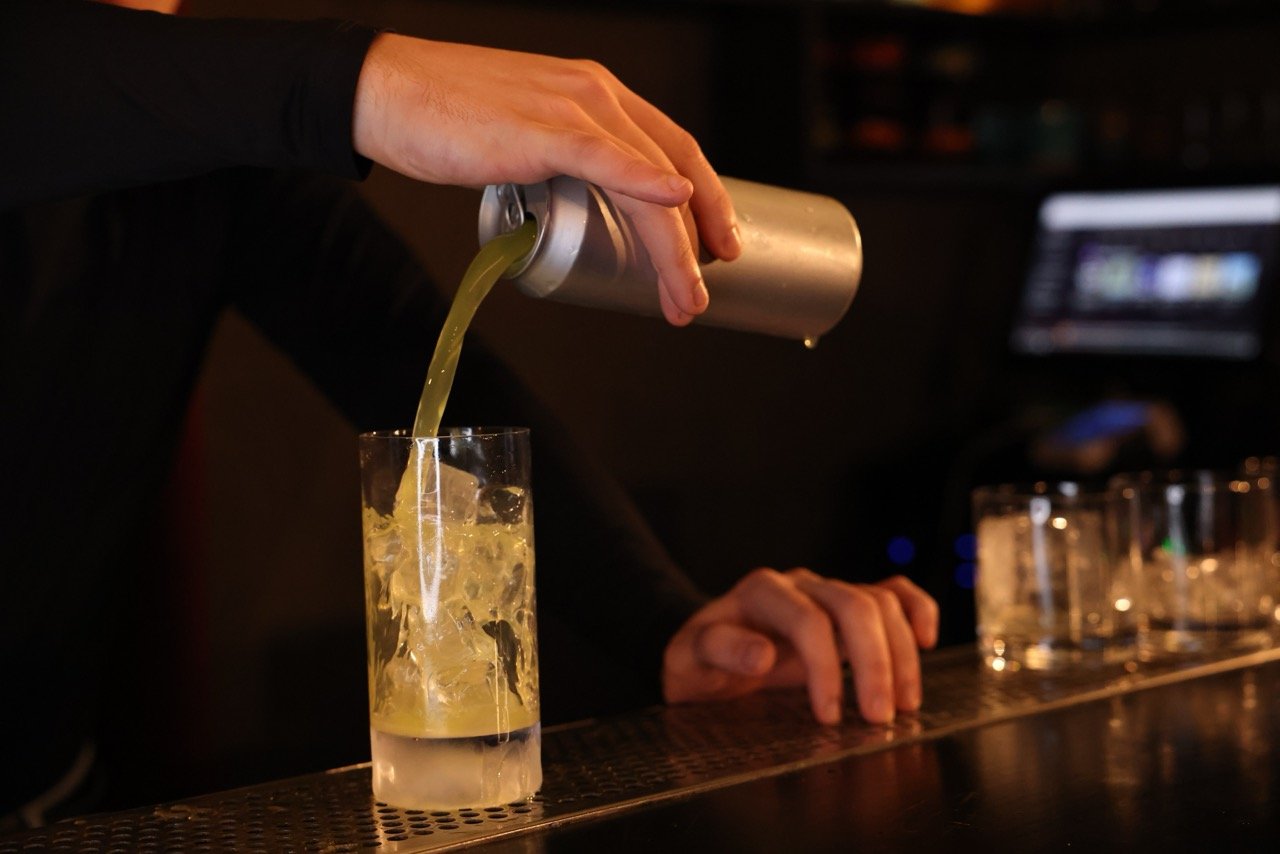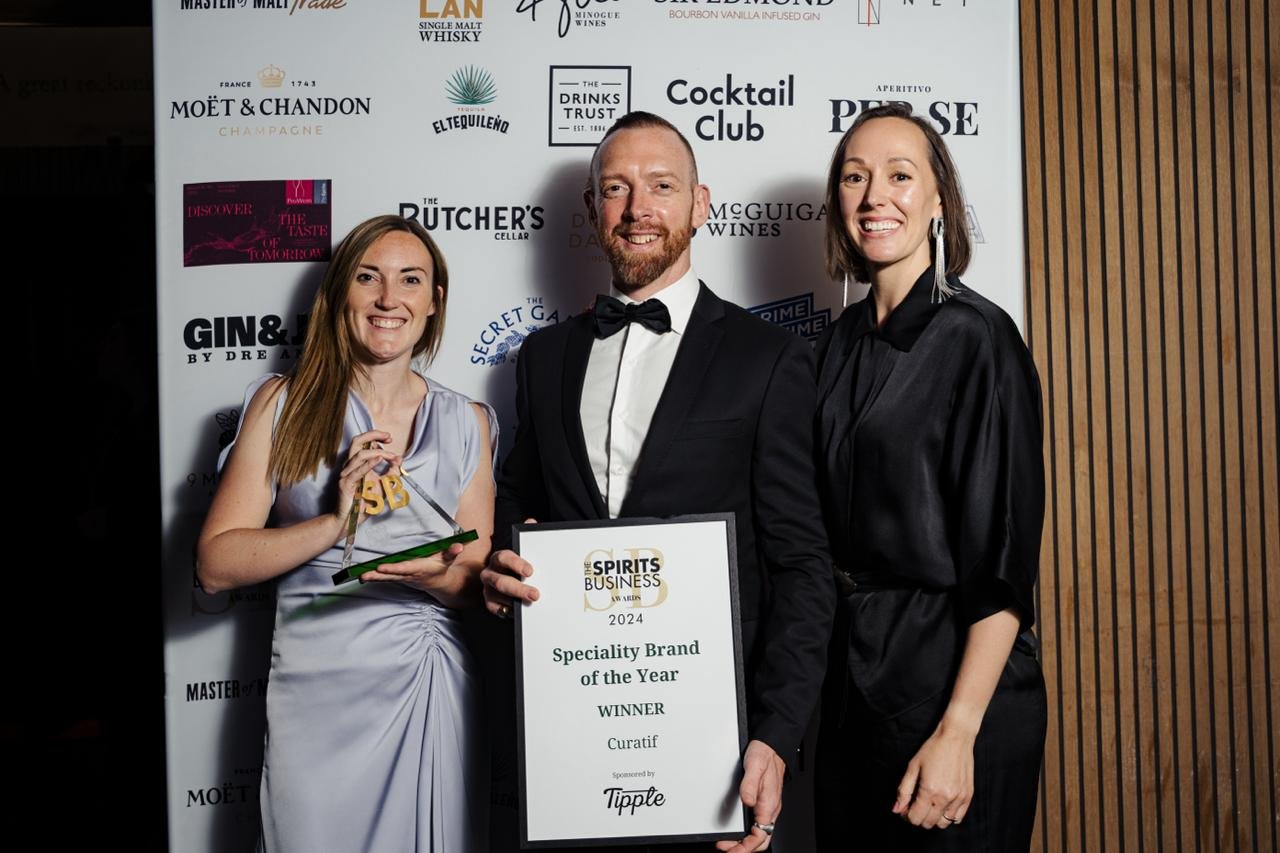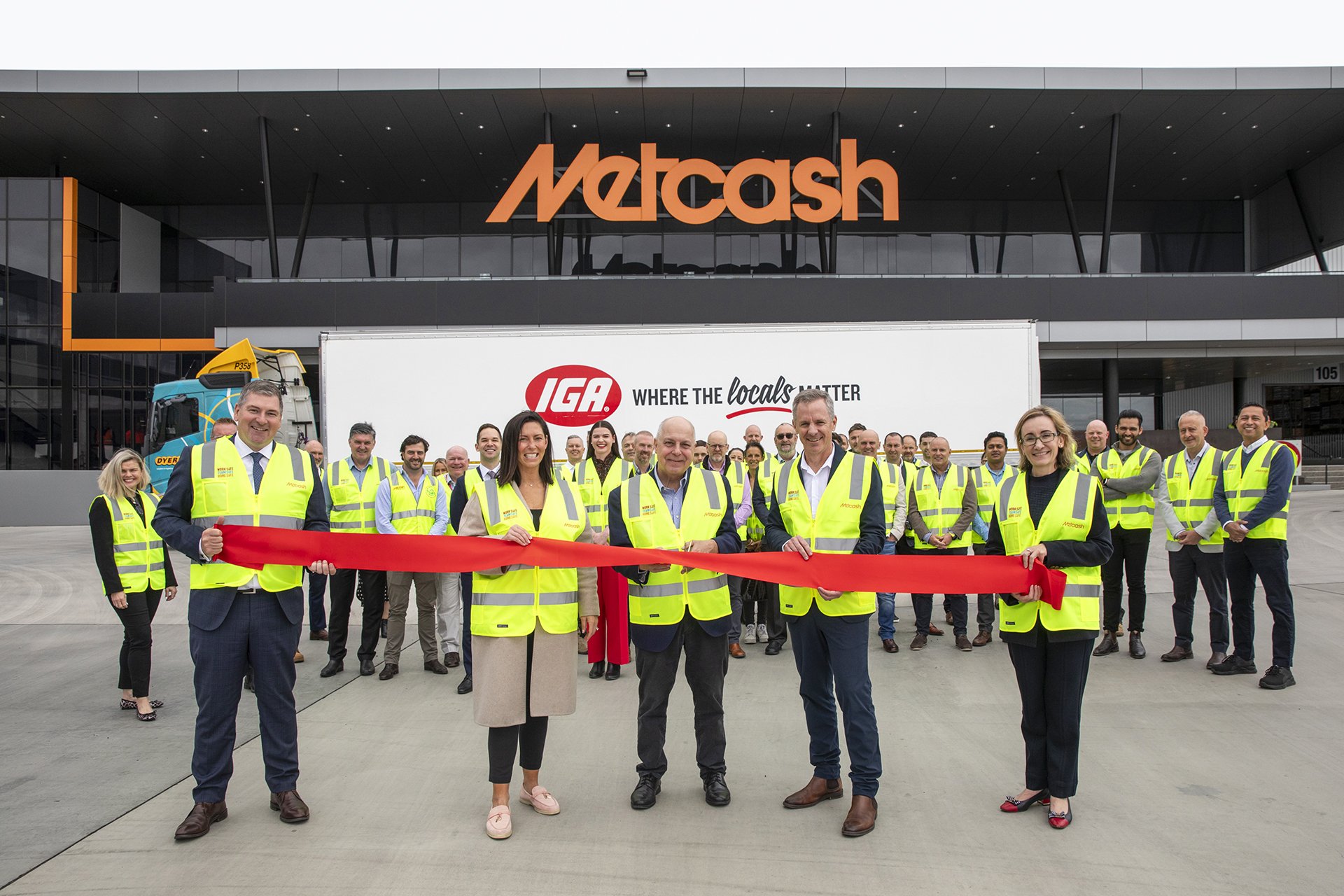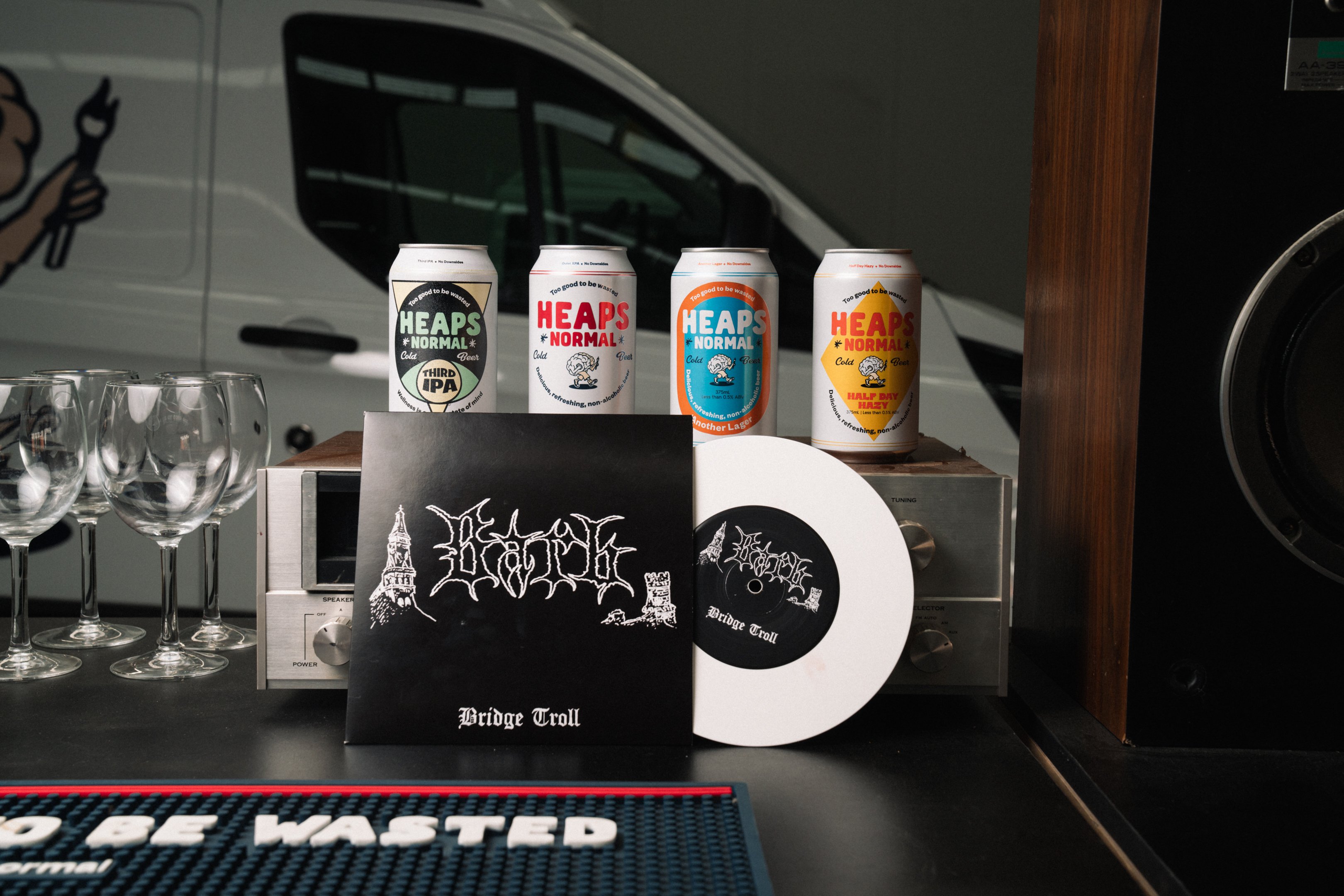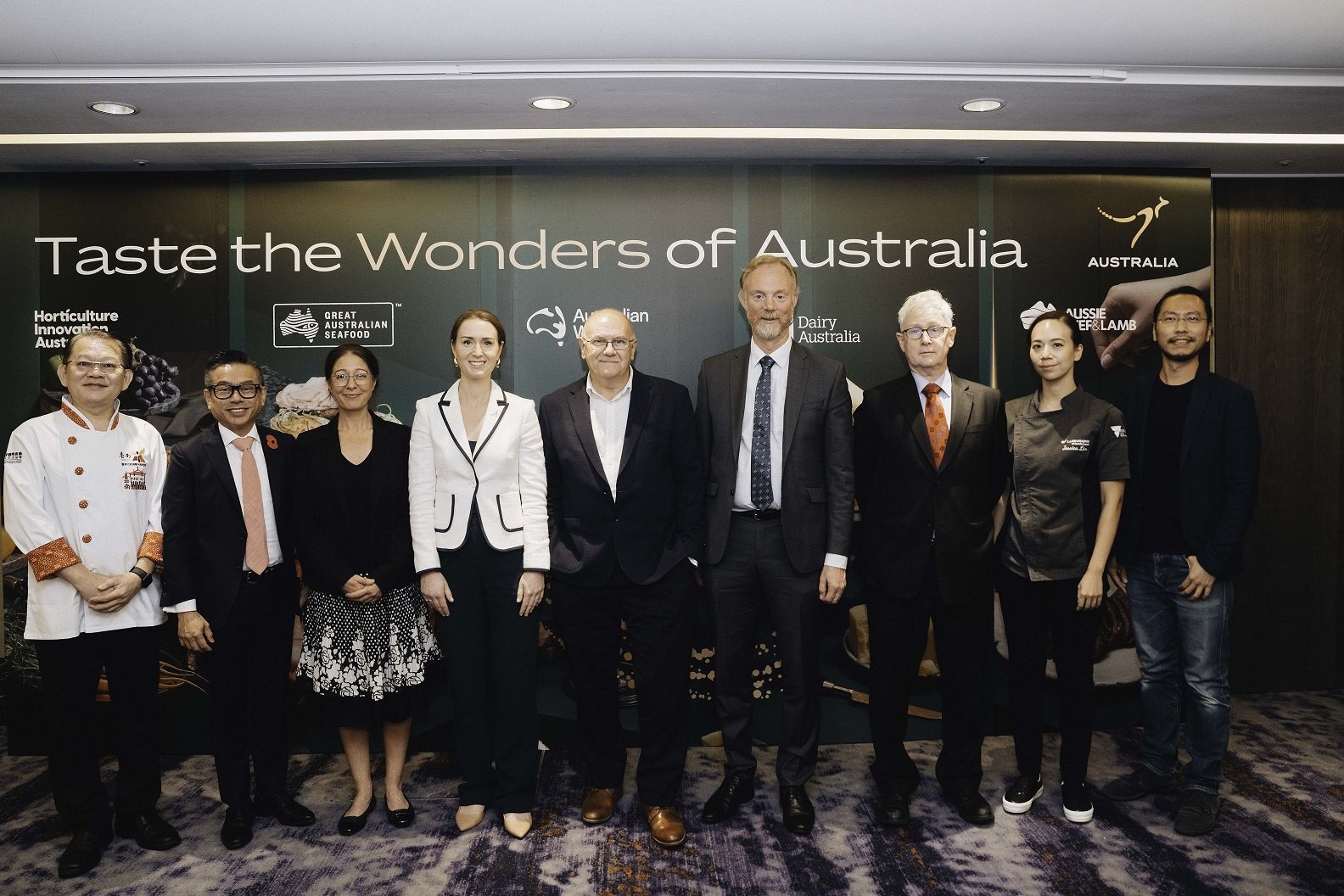In the Australian Industry Group State of Play report released today, 28 per cent of respondents say they intend to counter supply chain disruptions by building up stock levels so they do not get caught short again, signalling a shift from “just in time” production to “just in case” storage.
The Australian Industry Group says, "The COVID-19 pandemic has exposed weaknesses in the operations of global and domestic supply chains and laid bare many Australian vulnerabilities as an island nation with 98 per cent of trade and most jobs connected to or reliant on sea freight in some way.
"The increase in global demand for goods, lengthy lockdowns and infections of workers, the global shipping container shortage, reduction in shipping services and port skipping, Australian industrial actions, and rising costs, have been creating supply chain chaos, which is not projected to so much as moderately ease until 2023 and beyond."
The release of the report coincides with advice released by Australian Grape & Wine and WISA – Wine Industry Suppliers Australia Inc - urging Australia’s grape growers, winemakers and wine industry suppliers to get informed, plan ahead and communicate early to ensure vintage 2022 runs as smoothly as possible.
“We need to be pragmatic with the external forces impacting our sector” said Tony Battaglene, Chief Executive of Australian Grape & Wine. “Let’s understand the challenges and seek out solutions to the problems in front of us in traditional and innovative ways, rather than just ignoring what’s coming.”
Prices of phosphorous and urea are driving up prices of fertilisers globally, with some trading at $1000 per tonne, which is significantly higher than usual. Glyphosate prices have also more than doubled in price this year. These cost pressures add to the challenges importers and exporters are facing in terms of accessing shipping container slots at a cost-effective price.
“The best way to achieve fulfilment is via close dialogue and collaboration with suppliers. The wine industry should be as transparent and communicative as possible to help suppliers respond to these complexities with accurate data on market demand. This will lead to a better outcome at vintage and mitigate the risks associated with rushed innovation” said Shirley Fraser, Executive Officer on behalf of the management committee of Wine Industry Suppliers Australia (WISA).
“We know the Australian Government is aware of the issues relating to freight and input costs, and Ministers have sought our feedback directly” said Mr Battaglene. “To be frank, much of this is outside the Government’s control and it is up to businesses to work together to manage the challenges of the months ahead.”
“By seeking to understand the deeper flow-on effects of these complex global problems, we have an opportunity to seek out new supporting agtech and software too” added Ms Fraser.
“Whether you’re a grape grower, a winemaker, or an industry supplier, it’s really critical that you understand the challenges, plan ahead as much as possible and communicate with your colleagues along the supply-chain” said Ms Fraser. “We need to make the effort to find common ground so we can navigate what’s likely to be a challenging vintage”.
Share the content
